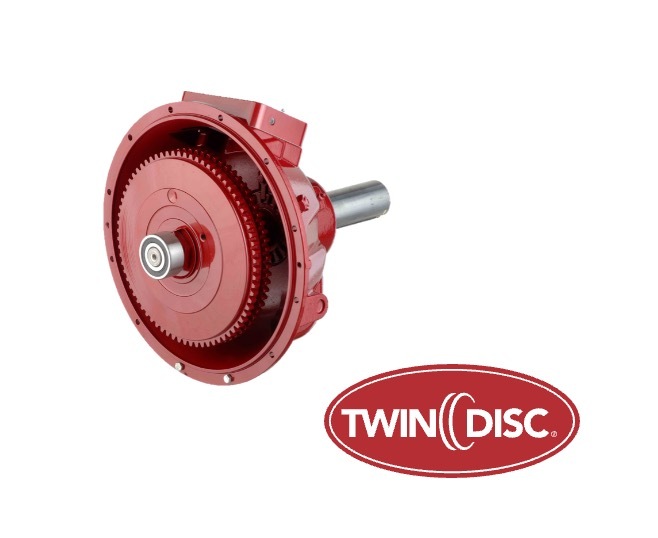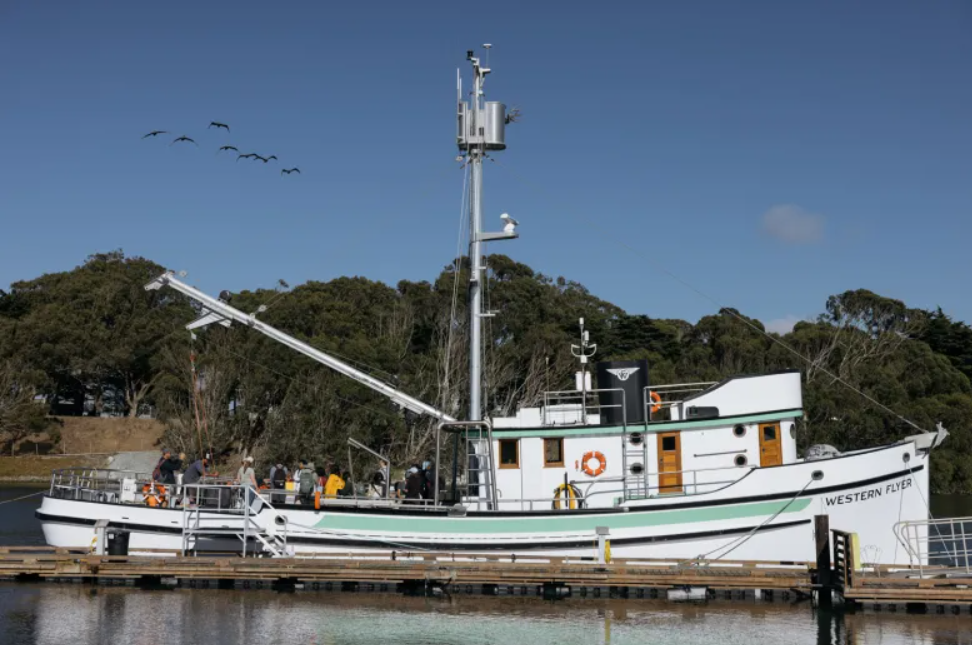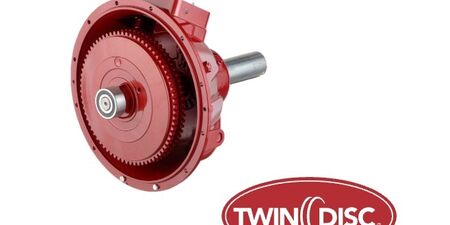
Why Should I Switch to Hybrid Propulsion?
Palmer Johnson Power Systems is proud to have supplied and support this project from start to finish. This article was published 11/10/2025 via the Transfluid email newsletter.
Why Should I Switch to Hybrid Propulsion?
In a world increasingly focused on sustainability, efficiency, and emission reduction, the marine industry is evolving fast. Environmental regulations are tightening, and owners are seeking propulsion systems that balance performance with responsibility. That’s where hybrid refitting comes in — a smart way to give existing vessels a “second life,” increasing their value while making them cleaner and more efficient
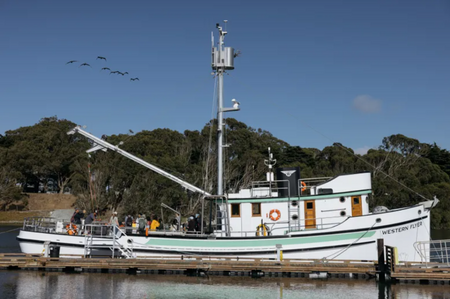
The Transfluid Hybrid System: How It Works
Transfluid’s hybrid platform has been engineered to simplify hybrid conversions, making it easy to transform conventional boats into hybrid ones.
Here’s what makes it stand out:
- Versatile hybrid transmission: the system can be configured in multiple layouts, adapting to your vessel’s existing architecture while minimizing downtime and installation costs.
- Seamless synergy between diesel and electric power: hybrid mode allows the electric motor to work alongside the combustion engine, optimizing consumption, reducing emissions, and improving onboard comfort.
- High-value refitting: converting an existing boat means avoiding costly replacements while upgrading to a modern, future-proof system.
- Expert support: with years of experience in marine propulsion and hybrid transmission, Transfluid offers a complete turnkey solution.
The Power of After
Think about your current boat — a beautiful, well-built vessel, but maybe with an aging engine, high fuel consumption, and demanding maintenance.
With Transfluid’s hybrid refitting solution:
- The hybrid transmission package (electric motor, batteries, control system) can be integrated without structural overhaul.
- Space is optimized thanks to compact, modular components.
- Sailing becomes smoother and quieter, with an electric-only mode for sensitive or protected areas.
- The vessel’s market value increases — a timeless design with modern sustainability appeal.
An Inspiring Example: The Western Flyer
Let’s take a look at a legendary project that combines history, technology, and sustainability.
The Western Flyer is a 77-foot (23.5 m) wooden research vessel built in 1937 by the Western Boat Building Company in Tacoma, Washington. In 1940, it was chartered by John Steinbeck and marine biologist Ed Ricketts for a scientific expedition to the Gulf of California — the journey later immortalized in The Log from the Sea of Cortez. After decades of service, neglect, and even sinking, the Western Flyer has been fully restored and repowered with a hybrid propulsion system combining a John Deere diesel engine and electric drive. This project perfectly embodies what Transfluid stands for: preserving heritage while embracing innovation. A bridge between past and future, powered by hybrid technology.
Why Choose Transfluid For Your Hybrid Conversion
If you’re considering upgrading your vessel, here’s why Transfluid is the ideal partner:
- Tailor-made design: every conversion is engineered to suit the vessel’s structure, mission, and operating profile.
- Fast and flexible integration: modular hybrid systems minimize installation time and preserve existing components.
- Enhanced onboard experience: quieter operation, reduced vibration, and electric mode for harbor maneuvers or restricted zones.
- Added value: your vessel becomes a sustainable, forward-looking asset — a perfect blend of tradition and innovation.
- Ongoing support: from concept and engineering to after-sales assistance and training.
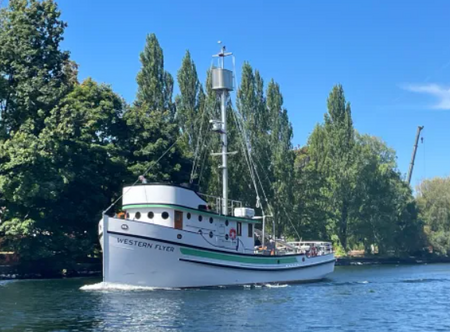
Keep Reading

